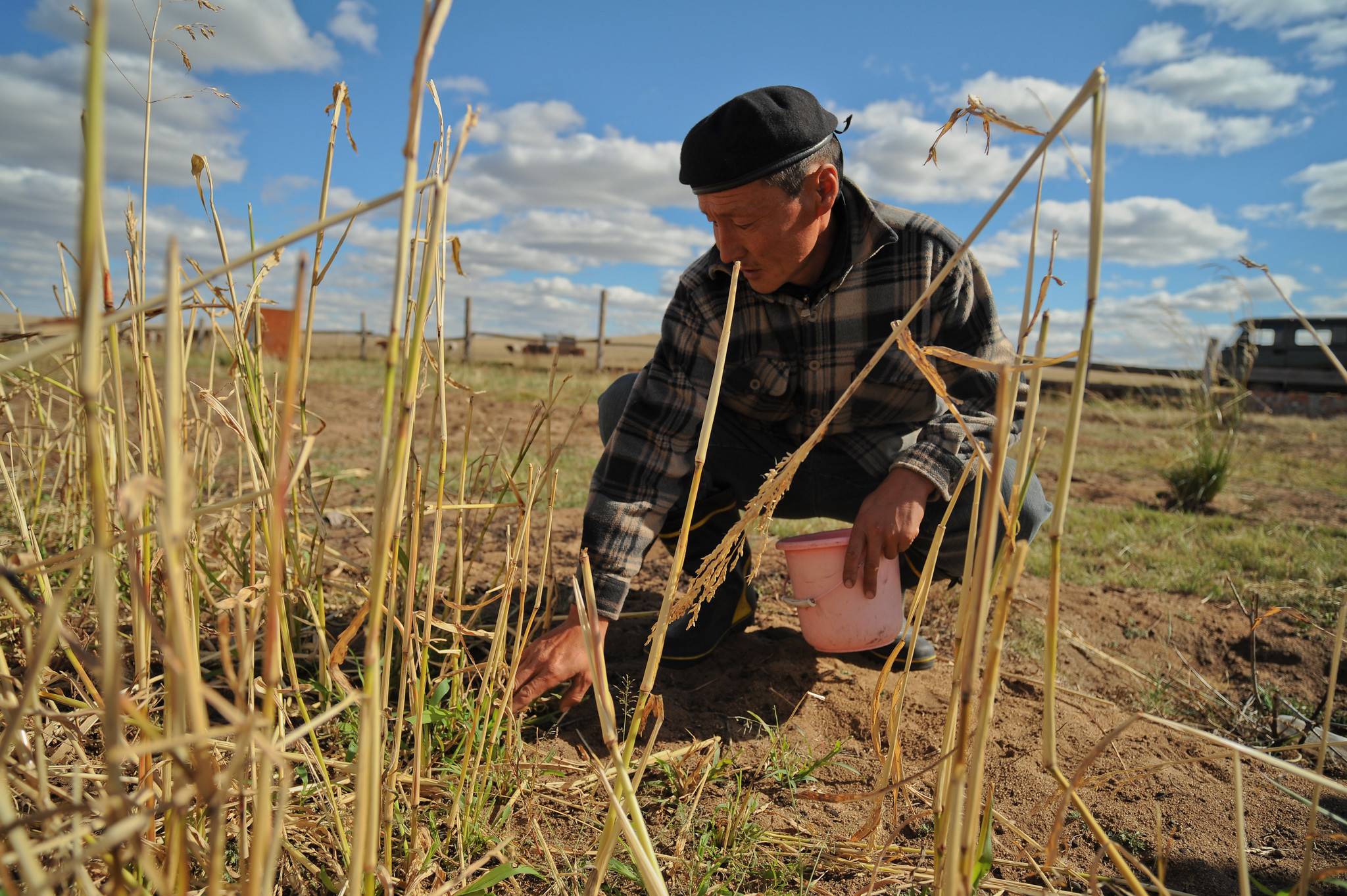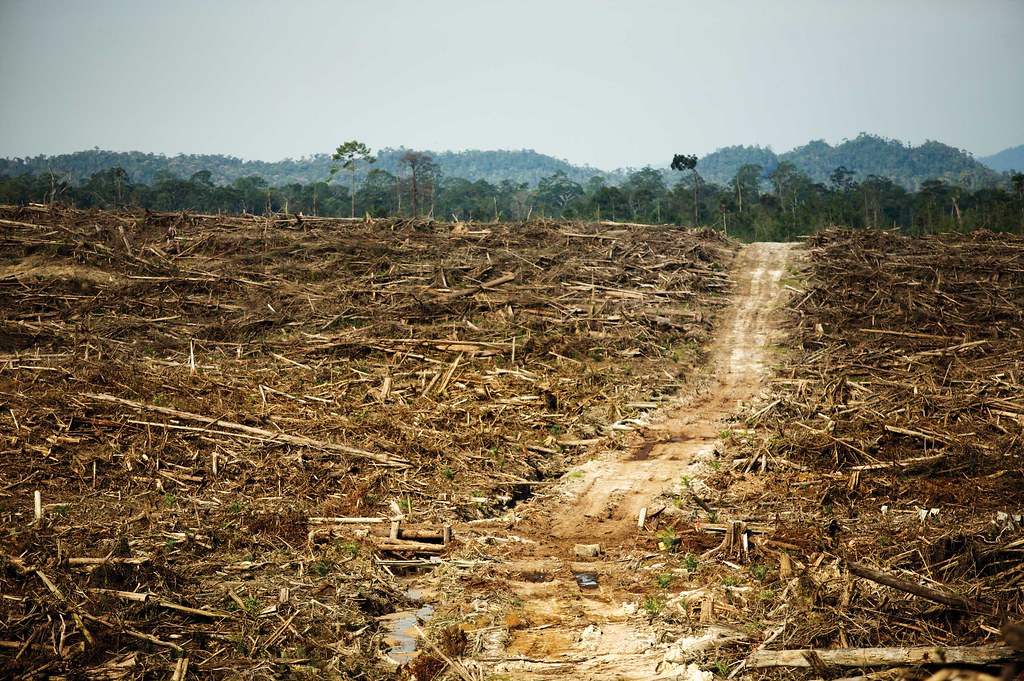Sustainable land use is part of the climate solution

Radical changes to land use are required to tackle climate change and ensure food security, according to a new report from the IPCC.
The Special Report on Climate Change and Land, approved by the Intergovernmental Panel on Climate Change (IPCC) on 7 August in Geneva, highlights that land is under growing pressure from human activity and changes in the climate.
Agriculture, food production, and deforestation are major drivers of climate change. Together they account for nearly a quarter of human greenhouse gas emissions.
At the same time, land has a critical role to play in the removal of carbon dioxide from the atmosphere. The conservation and restoration of high-carbon ecosystems such as peatlands, wetlands, mangroves and forests is essential to limiting global warming.
Leeds researchers Professor Lindsay Stringer, Professor Tim Benton, and Professor Andy Challinor joined more than 100 authors from 52 countries in assessing the latest scientific knowledge about climate change and land.

Deforestation for palm oil plantation. Credit: Rainforest Action Network
Commenting on the IPCC special report in the Guardian, Professor Piers Forster of the Priestley International Centre for Climate said, “This important report shows we need to substantially change the way we use our land to limit temperature change below 1.5˚C. In a nutshell we need less pasture [for livestock] and more trees.”
Over two years in the making, the report covers a broad range of issues including desertification, land degradation and food security, land related impacts and risks, and land based response options.
It identifies actions needed to both tackle land degradation and prevent or adapt to further climate change. For example, opting for a more plant-based diet can help reduce emissions and alleviate pressure on land usually given over to livestock.
Better land management can contribute to tackling climate change, but is not the only solution. Reducing greenhouse gas emissions from all sectors is essential if global warming is to be kept to well below 2˚C, if not 1.5˚C.
Coordinated action to address climate change can simultaneously improve land, food security and nutrition, and help to end hunger.
The Special Report on Climate Change and Land follows the Special Report on Global Warming of 1.5˚C released in October 2018. It will form a key scientific input into forthcoming climate and environment negotiations.
Further information
The Summary for Policymakers of the Special Report on Climate Change and Land (SRCCL) is available at https://ipcc.ch/report/srccl. A Fact Sheet and Headline Statements are available at www.ipcc.ch.
Main image: 'Strengthening Carbon Financing for Regional Grassland Management in Mongolia' by Asian Development Bank
